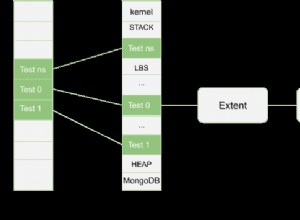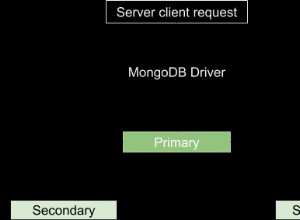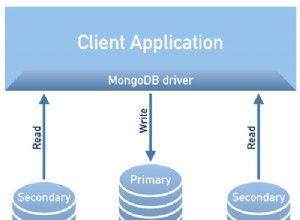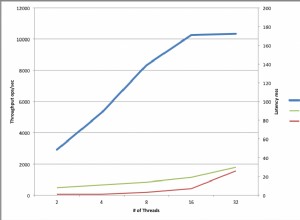Je pense que vous devez ajouter un désérialiseur personnalisé
public class UserAccountAuthenticationSerializer extends JsonDeserializer<UserAccountAuthentication> {
@Override
public UserAccountAuthentication deserialize(JsonParser jsonParser, DeserializationContext deserializationContext)
throws IOException {
UserAccountAuthentication userAccountAuthentication = new UserAccountAuthentication();
ObjectCodec oc = jsonParser.getCodec();
JsonNode node = oc.readTree(jsonParser);
userAccountAuthentication.setAuthenticated(node.get("authenticated").booleanValue());
Iterator<JsonNode> elements = node.get("authorities").elements();
while (elements.hasNext()) {
JsonNode next = elements.next();
JsonNode authority = next.get("authority");
userAccountAuthentication.getAuthorities().add(new SimpleGrantedAuthority(authority.asText()));
}
return userAccountAuthentication;
}
}
C'est mon json
{"authenticated":true,"authorities":[{"authority":"role1"},{"authority":"role2"}],"details":null,"principal":null,"credentials":null,"name":null}
Puis au sommet de votre POJO
@JsonDeserialize(using = UserAccountAuthenticationSerializer.class)
public class UserAccountAuthentication implements Authentication {
Voici le test
@Test
public void test1() throws IOException {
UserAccountAuthentication userAccountAuthentication = new UserAccountAuthentication();
userAccountAuthentication.setAuthenticated(true);
userAccountAuthentication.getAuthorities().add(new SimpleGrantedAuthority("role1"));
userAccountAuthentication.getAuthorities().add(new SimpleGrantedAuthority("role2"));
String json1 = new ObjectMapper().writeValueAsString(userAccountAuthentication);
UserAccountAuthentication readValue = new ObjectMapper().readValue(json1, UserAccountAuthentication.class);
String json2 = new ObjectMapper().writeValueAsString(readValue);
assertEquals(json1, json2);
}




